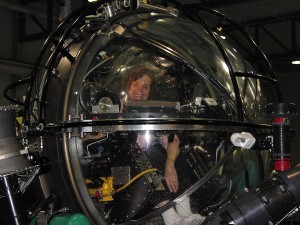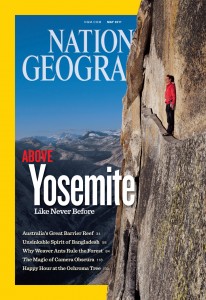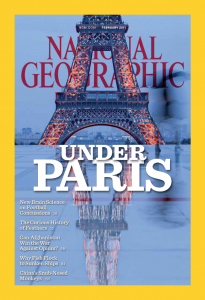ANNOUNCEMENT: Travel with Ocean Doctor to Cuba’s Gardens of the Queen!
 |
 |
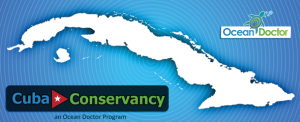 |
|
Legal Educational Travel to Cuba for U.S. Citizens & Residents
For 13 years I have felt deeply privileged to spend much of my time in Cuba, working on research and conservation projects with some of the most incredible people I’ve ever met, among the most spectacularly healthy reefs I have ever beheld. One region in particular, Cuba’s Gardens of the Queen, is so staggeringly pristine and healthy – in stark contrast to many of the other coral reef ecosystems around the world – that the region was recently featured on an award-winning segment of the CBS news program, 60 Minutes, hosted by Anderson Cooper.
 In a world where many of the ocean’s corals and fish populations are in decline, the marine life of Cuba’s Gardens of the Queen – the largest no-take marine reserve in the Caribbean – is thriving. The massive and strikingly beautiful Gardens of the Queen National Park is located 60 miles off the southern coast of Cuba, an archipelago comprising a chain of 250 virgin coral and mangrove islands extending along 75 miles of turquoise waters.
In a world where many of the ocean’s corals and fish populations are in decline, the marine life of Cuba’s Gardens of the Queen – the largest no-take marine reserve in the Caribbean – is thriving. The massive and strikingly beautiful Gardens of the Queen National Park is located 60 miles off the southern coast of Cuba, an archipelago comprising a chain of 250 virgin coral and mangrove islands extending along 75 miles of turquoise waters.
Due to the U.S. economic embargo against Cuba, it has been virtually impossible for Americans to legally visit Cuba and the Gardens of the Queen for more than 50 years.

.png)

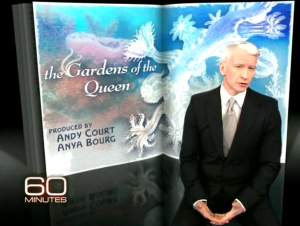

 It’s new and it’s now LIVE!
It’s new and it’s now LIVE! 